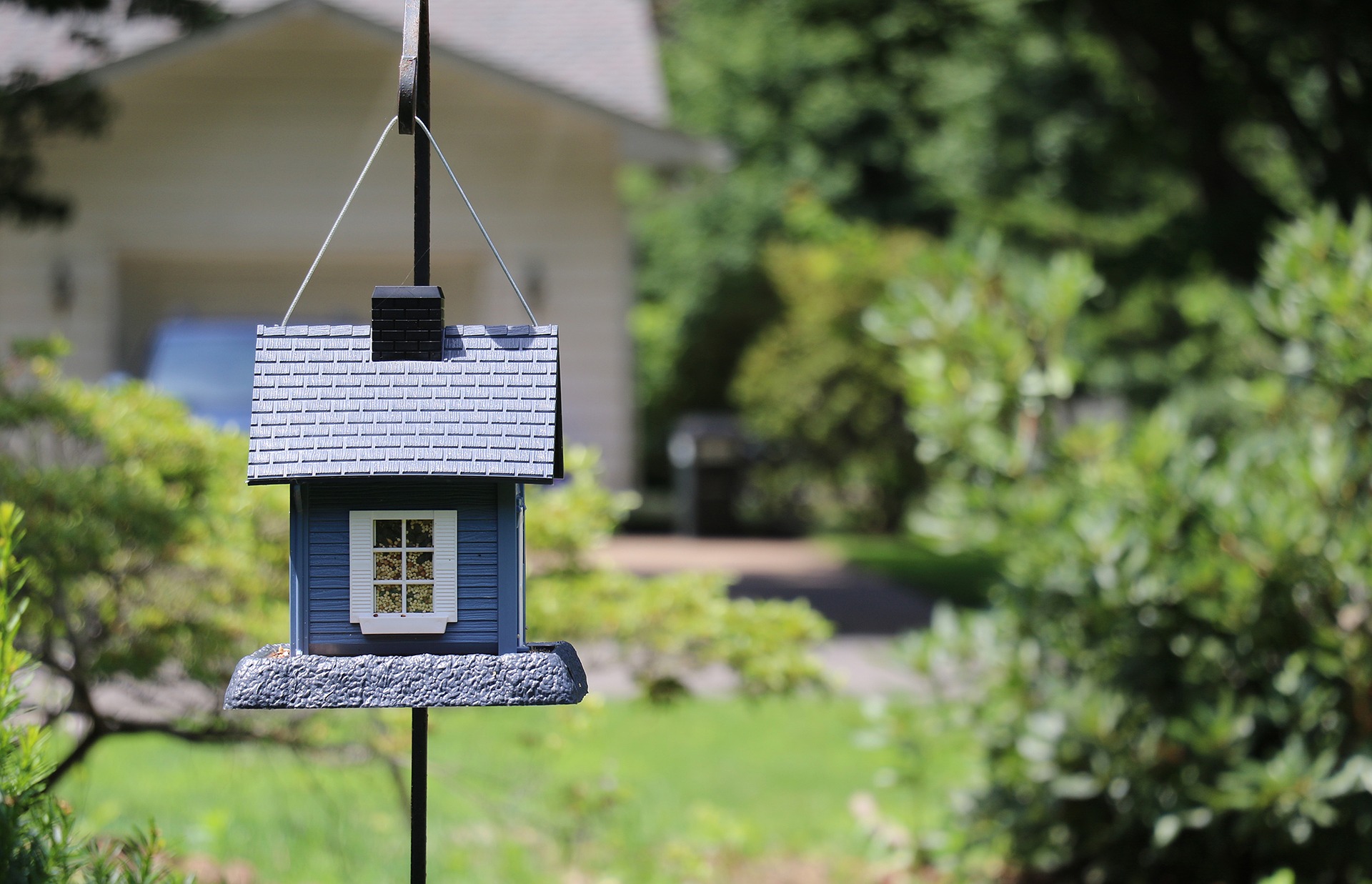
03 Oct What the limit on the SALT deduction means
Photo: pixabay.comQ. My property taxes are more than $10,000. I’ve been reading about the changes in tax law and ways to circumvent the loss of the deduction federally. I also learned New Jersey already has a $10,000 limit, but the governor is trying to get around it by creating a charity we can send our taxes to so we can get a deduction. Can you explain?
— Taxed out
A. You mention several issues.
The first is the new $10,000 limitation on deducting state and local taxes, also called SALT, on your federal income tax return.
Second is New Jersey’s longstanding $10,000 cap on deducting real estate taxes on your primary residence. That was recently changed to $15,000.***
Then there’s the charity idea.
Let’s go deeper.
Last year, Congress passed and the President signed the Tax Cuts and Jobs Act, said Bernie Kiely, a certified financial planner and certified public accountant with Kiely Capital Management in Morristown.
“This act eliminated personal exemptions, expanded the standard deduction, widened tax brackets, overhauled the Alternative Minimum Tax (AMT) and introduced a new 20 percent deduction for self-employed persons,” Kiely said. “The press has more or less ignored these changes and focused instead on the new $10,000 limitation on the SALT deduction.”
He said prior to 2018 you could deduct 100 percent of your real estate tax on one or more homes plus 100 percent of your New Jersey state income tax. The SALT limitation caps that deduction to a maximum of $10,000.
If you live in a high-taxed state like New Jersey, the SALT limitation might have an effect on how much you pay in federal taxes compared to what you paid in prior years.
The extent of the change’s impact will depend on your personal situation.
For Kiely, the change will be for the better.
He said he pays property taxes of more than $10,000, and he was also hit my AMT, which limits certain kinds of deductions. In Kiely’s case, he said, AMT disallowed all or part of his and his wife’s personal exemption, their real estate tax and their New Jersey income tax.
“For all practical purposes I wasn’t able to deduct those items at all. So with the enlarged standard deduction and revamping of the AMT, I am actually going to pay less tax then in prior years,” Kiely said.
But for 2018, for New Jersey, you can now deduct $15,000 of property taxes.
Kiely said Gov. Murphy has proposed a workaround on the federal $10,000 SALT limitation, proposing that municipalities create charitable organizations that will pay for some of the municipal services.
“His proposal will allow you a 90 percent credit against your property tax for each dollar you contribute to the new charity,” Kiely said. “Unfortunately, this won’t pass IRS muster.”
That’s because IRS Publication 526 “Charitable Contributions” states: “A charitable contribution is a donation or gift to, or for the use of, a qualified organization. It is voluntary and is made without getting or expecting to get, anything of equal value.”
“So if you contribute $5,000 to the municipal charity and receive a 90 percent credit on your property tax, you would have a $500 charitable deduction, not $5,000,” Kiely said.
New Jersey has always had a $10,000 cap on deducting real estate taxes from your primary residence on the New Jersey income tax return, Kiely said.
“Ever since the SALT cap hit the press there have been a few letters to the editor pointing out the fact that New Jersey politicians who are complain about the new SALT limitations are hypocrites because New Jersey limited real estate tax deductions to $10,000,” he said.
*** The original version of this story did not reflect the new $15,000 limit on property tax deductions in New Jersey.
Email your questions to .

